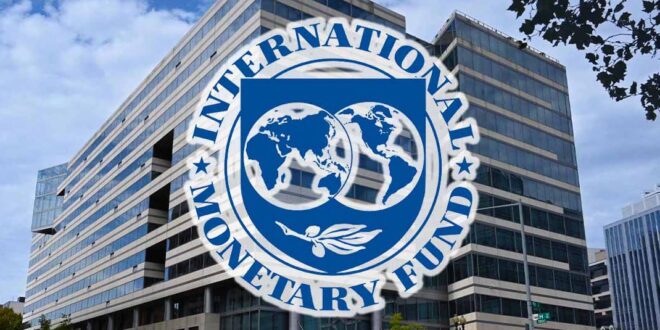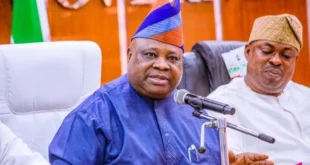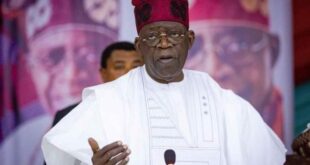Financial experts have voiced their opposition to the International Monetary Fund’s (IMF) call for the complete removal of electricity subsidy in Nigeria.
The IMF, a prominent member of the Bretton Woods institutions, argues that the subsidy is hindering economic growth and development.
However, experts believe that the IMF’s proposal is not suitable for an emerging economy like Nigeria, which is already grappling with numerous economic challenges.
The IMF’s suggestion comes at a time when the Nigerian government has already removed the fuel subsidy, which has led to an increase in the cost of living for many citizens.
The financial experts argue that implementing the proposed policy would only worsen the economic situation, as it would further increase the financial burden on the average Nigerian.
Instead of removing the electricity subsidy, the IMF is urged to partner with the Federal Government on ways to provide loans to revamp the electricity industry.
This, according to the experts, would be a more effective approach to promote economic growth and development in Nigeria.
They also suggest that the focus should be on improving the provision of pre-paid meters to electricity consumers, rather than eliminating the subsidy without any improvement in utility services.
Critics of the IMF’s economic policies argue that they have not been the best for Nigeria over the years, as they often lead to increased hardship for the majority of the population.
The experts emphasize that Nigeria, as an emerging economy, should be allowed to develop at its own pace, considering its unique structural challenges.
The IMF’s recommendation comes after the Federal Government revealed that electricity subsidy between January and September 2023 had cost ₦375.8 billion, while consumers paid a total of ₦782.6 billion for the commodity during the same period.
The Bretton Woods institution commended the government for the reforms it had implemented so far but reiterated that the fuel and electricity subsidies should be removed to restore macroeconomic stability.
The IMF’s push for the complete removal of electricity subsidy in Nigeria has been met with strong opposition from financial experts.
They argue that the proposal is not suitable for an emerging economy and that the focus should be on improving the electricity industry through partnerships and loans, rather than eliminating subsidies that would further burden the average Nigerian.
Subscribe to the Advocate News letter and receive news updates daily in your inbox.
 Advocate.ng Latest news update on politics, entertainment, sport and more
Advocate.ng Latest news update on politics, entertainment, sport and more




